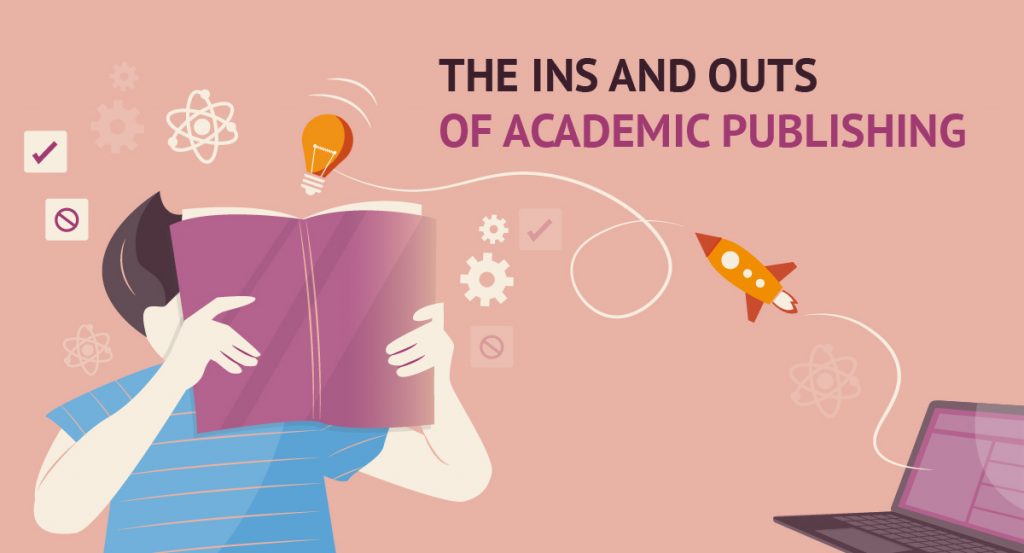What will you learn?
Program
-
Module 1
The module starts with the most important question for the author of any work - why am I writing academic papers? Despite its apparent simplicity, it may seem unusual and even inconvenient for most novice scientists. Course participants will learn about the different types of academic written work, their goals and objectives. The video lecture will tell you in detail how to choose the format that best suits the specific goals and capabilities of the author. Participants will critically reflect on their writing practice and gain new tools to shape the author's voice.
-
Module 2
There are certain types of general academic writing standards called academic style. Sometimes these styles are associated with a specific university, in other cases they are created and constantly updated by associations of scholars in a particular field. Styles help create consistency and shape. Academic journals adhere to a certain style, and formatting the article to fit the specific criteria of the publisher is of fundamental importance. In this module, participants will get an overview of the different styles and learn how to format their work to follow the specific guidelines of a particular magazine.
-
Module 3
The daunting phenomenon of the “writing block” is familiar to most novice and experienced writers, and often has nothing to do with laziness, procrastination, or the capabilities of a scientist. Difficulties also arise when the inability to tame the irrepressible stream of the writer's thought and bring the work to a logical conclusion. Participants will be introduced to the best practices for overcoming the writing block and effective methods for completing scientific work, realistically defining its boundaries and content.
-
Module 4
Unfortunately, the post-Soviet space in general and the countries of Central Asia in particular are a region where predatory magazines flourish. Under pressure from productivity, academics desperately or unknowingly submit their articles to questionable publishers, many of whom charge fees for fast and guaranteed publication of articles. At the same time, such journals do not provide authors with a full range of publishing and editorial services, and also do not have the status of a scientific journal and the corresponding impact factor. This module will teach participants to successfully distinguish authoritative journals from “predatory” ones. Authors will learn how to find the best journal to submit their work to an editor for review and anonymous peer review by experts, as well as learn tips and secrets of successful publication in the selected journal.
-
Module 5
You have submitted your article for review. Congratulations! There are several potential outcomes, the most likely of which is anxiously waiting for reviewers to respond. In this module, most of the possible scenarios for the development of events will be considered after you have sent an article to a reputable scientific journal. Participants will receive practical advice on how to act in specific situations. This module will also focus on developing a productive strategy for your daily writing routine that will help you overcome stress, prioritize research and enjoy your unique academic pursuits.
Instructors

Rashid Gabdulkhakov




